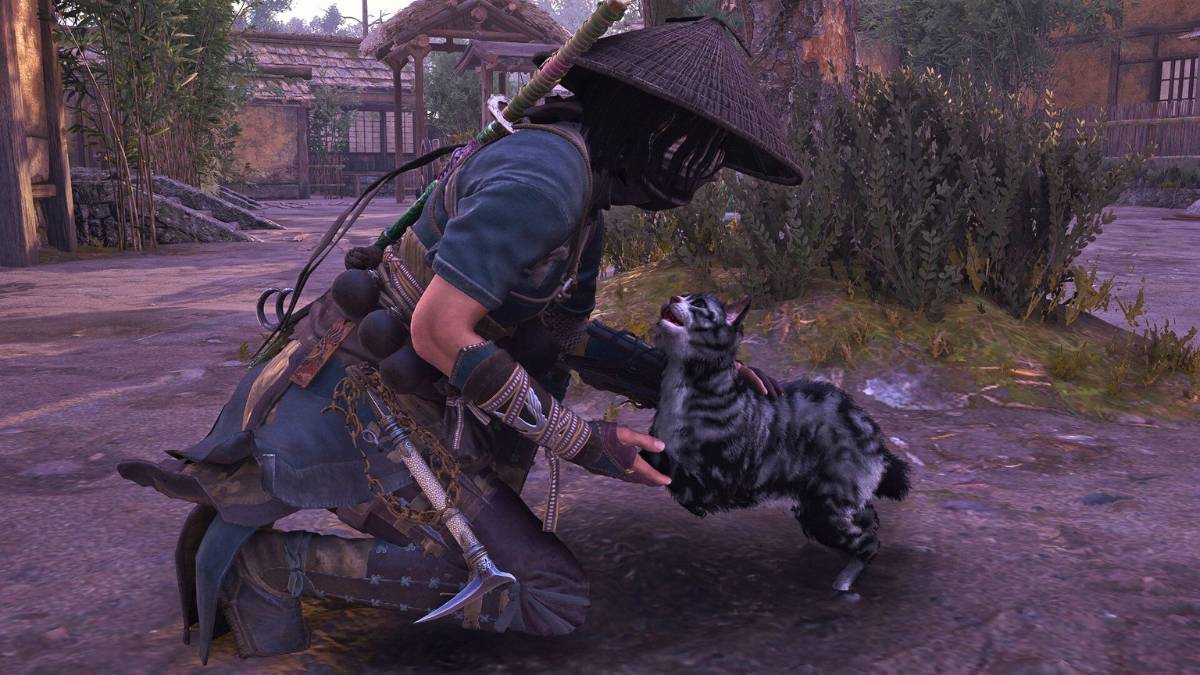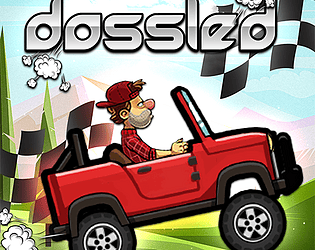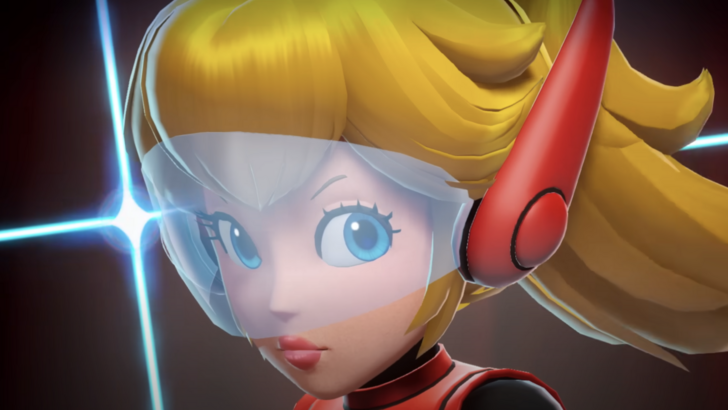
While the gaming world explores generative AI's potential, Nintendo maintains a cautious stance. Concerns about intellectual property and their unique development philosophy drive this decision.
Nintendo President: No AI Integration Planned
IP Rights and Copyright Concerns
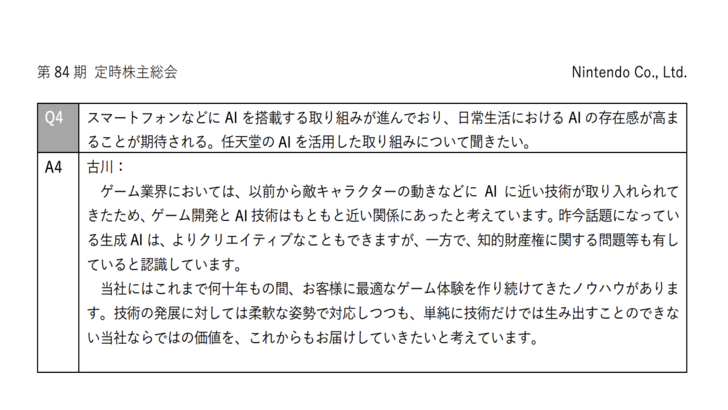 image (c) Nintendo
image (c) Nintendo
Nintendo President Shuntaro Furukawa recently confirmed the company's current lack of plans to incorporate generative AI into its games. This is largely due to concerns about intellectual property rights, as he explained during an investor Q&A.
Furukawa acknowledged AI's long-standing role in game development, particularly in NPC behavior control. However, he distinguished between traditional AI and the newer generative AI, capable of creating original content like text, images, and video.
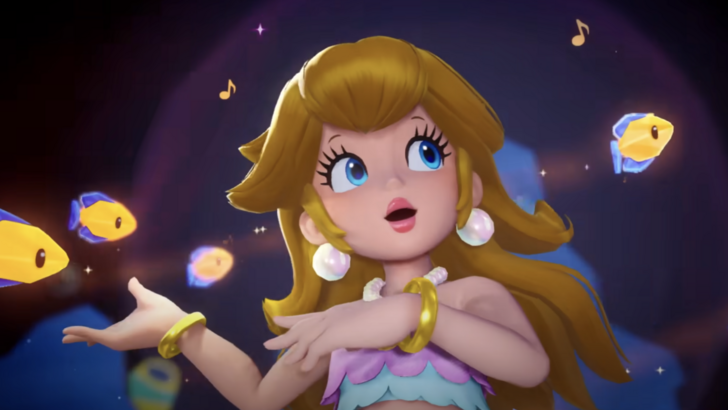
Generative AI's rise across various industries is undeniable. Furukawa stated, "In game development, AI-like technologies have long been used to control enemy character movements; game development and AI have gone hand-in-hand." Despite recognizing generative AI's creative potential, he highlighted the significant IP challenges, stating, "Generative AI can produce more creative outputs, but we are also aware of potential intellectual property rights problems." This concern likely stems from the potential for generative AI to inadvertently infringe on existing copyrights.
The Unique Nintendo Touch

Furukawa underscored Nintendo's commitment to its proven development approach, built on decades of experience and a focus on delivering unique experiences. He emphasized their "decades of expertise in creating optimal game experiences" and their desire to continue delivering "value that is unique to us and cannot be created through technology alone."

Nintendo's position contrasts with other industry leaders. Ubisoft, for example, uses generative AI in its Project Neural Nexus NEO NPCs for simulated conversations, but emphasizes it as a tool, not a game creator. Similarly, Square Enix views generative AI as a content creation opportunity, and EA's CEO predicts widespread AI integration in its development processes.



